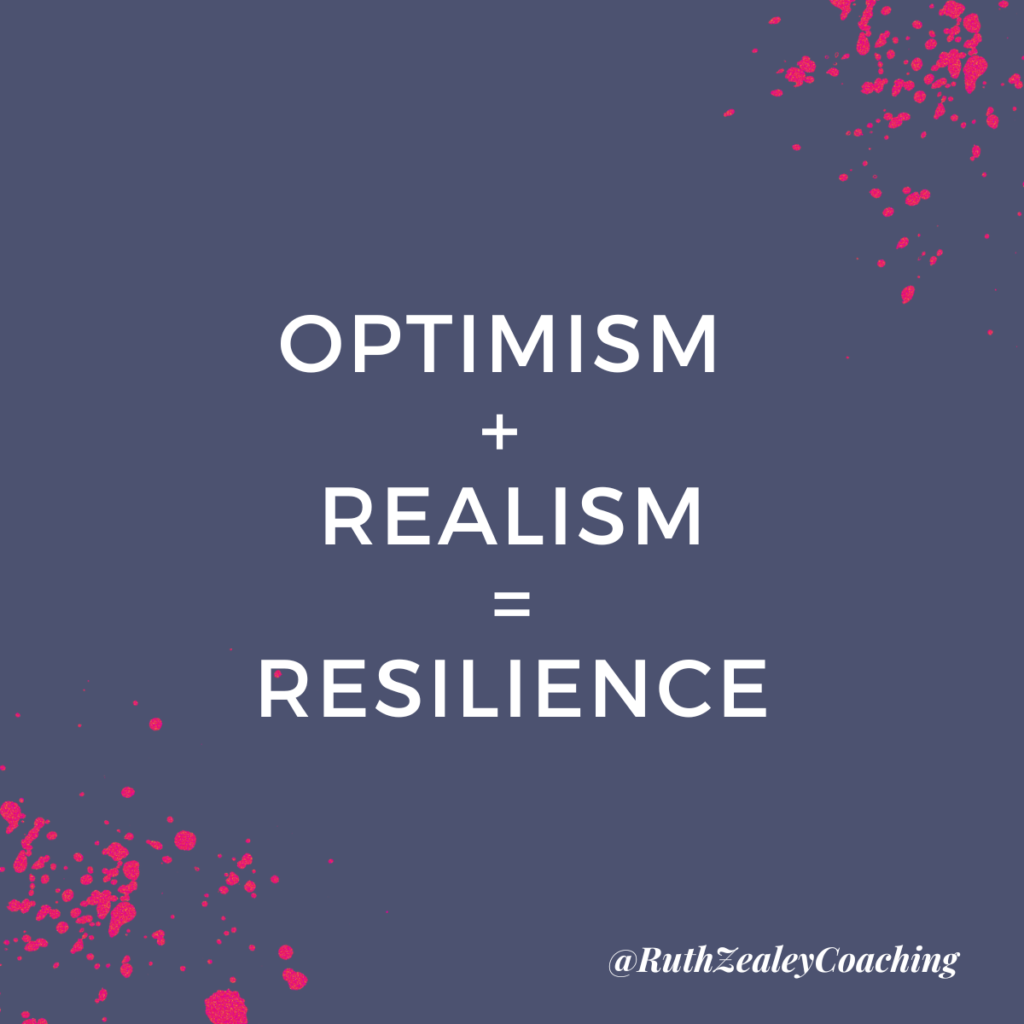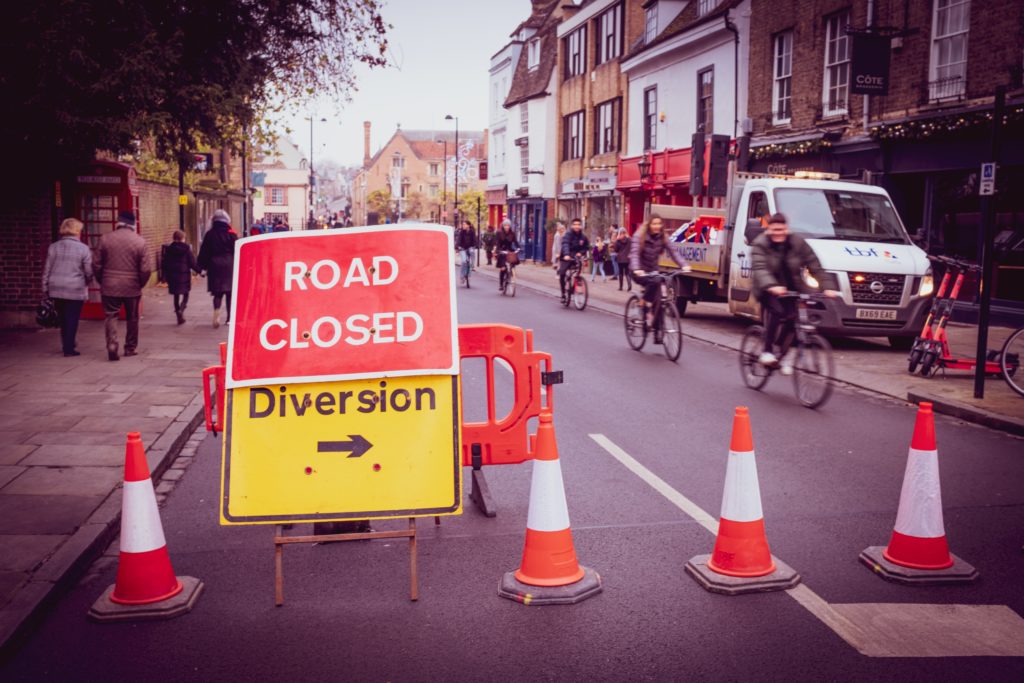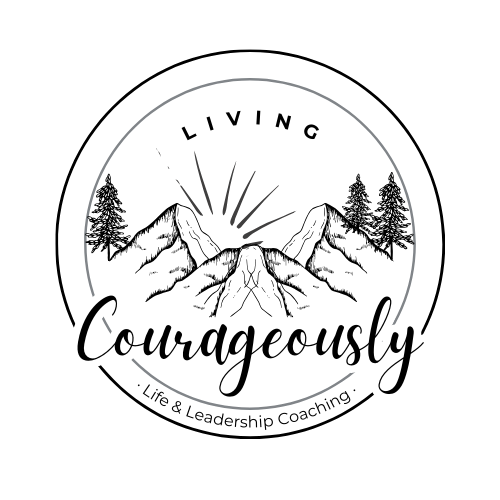Have you ever wondered why some people seem to have an advantage in life? Why some people seem to sail through life and take the knocks and scrapes and bumps in their stride.. or, at least, seemingly more so than others?
It might be to do with their outlook on life.
What we’re talking about here isn’t about being or becoming an optimist. This is good news for the pessimists, the realists and the tentatively cautious at heart amongst us.
Rather, what we’re talking about is building and developing RESILIENCE.
Resilience is our “ability to maintain a positive spirit even in the face of adversity.
Martha Forlines
Why Does Resilience Matter?
When we actively seek the good in a situation, approach it with open-minded curiosity and creative thinking. We bring our best and most ingenious selves to the problems, events and dynamics at hand. Resilient people know (consciously or subconsciously) that our thinking narrows down when we no longer believe there’s a way out, even if that’s not actually the case. When we enter a situation already resigned to the worst case scenario, we close ourselves off to viable possibilities for helpful change.

Of course, sometimes we ARE at a dead end. In some cases, facing or grieving our losses is actually the most healthy response.
Nevertheless, for a lot of the time there ARE ways through the situations we face, if we can only bring our best thinking and wisest emotional and cognitive self to the table to figure out what that is.
Far from flashing a fake smile in the midst of trial, resilience looks the situation right in the eye and says “I know this looks bad, but there’s probably a good way through somewhere and I’m determined to find it.”
In other words, when we look at a situation full in the face, as it is in reality (REALISM), AND also apply ourselves to discovering a way forward with hope (OPTIMISM), we start to become our most resilient self.

Resilience is powerful because at its heart it enables us to take situations that we cannot control and focus our attention on our own, chosen response to it; our ability to walk into hard situations with inner determination and courage really makes a difference. Not that it won’t be difficult. But we will have tools and resources ready in ourselves to face it with our best foot forward. At every closed road we’ll actively seek the diversion.

The way we come and the mindset we bring to our lives will affect the outcome we arrive at.
3 Steps to Start Resilient Thinking
- Start with your people (or yourself), not the problem. Look at what thinking patterns, assumptions or outlook is present. What are you hearing that suggests thinking is closed? “It’ll always be like this.” “They’ll never change.” “There’s no way through this situation.” Where is it for you or them that hope and vision could bring fresh energy and momentum?
- Make the dead end a door. Apply curiosity to open the closed assumptions right back up again: “If it wasn’t always like this, what could it become?” “What shift is needed so they can change?” “What ways haven’t I considered for this situation?” Deliberately applying ‘I wonder’ to a closed off mindset gets us thinking about the best that could happen. This builds energy and starts lifting our eyes to search for unexplored opportunities and options.
- Bring new voices into the mix. When we’re stuck we also get blinkered and start to feel alone. But this is rarely the case in reality. “Who else might have an idea that we haven’t thought of?” What resources, podcasts, coach or mentor could make a difference here? Who’s walking with you – or who could do – in the areas where you need a perspective shift right now?
Becoming resilient isn’t about ignoring the facts but rather intentionally facing them with hope, creativity and curiosity.
So…
What IS possible?
What else is there here that we’re not currently seeing?
Whose presence with us could facilitate the change we need?
————
I want to heartily thank Roberta Saffels for opening my mind to these dynamics in her recent seminar on ‘The Optimism Advantage’ – recommended!
Photo thanks to Pedro Sanz, Sandy Millar and Ben Wicks on Unsplash


Leave a Reply